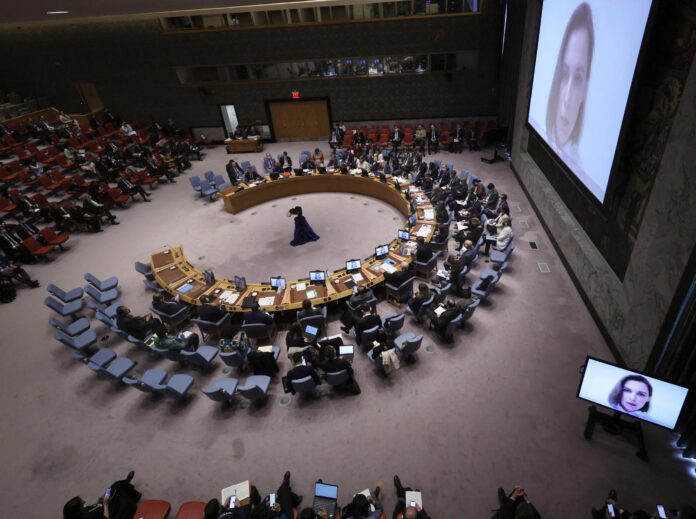Author: Michael J. Mazarr
Affiliation: RAND Corporation, Former senior defense aide on Capitol Hill and special assistant to the Chairman of the US Military Joint Chiefs of Staff, with previous work at the US National War College
Organization/Publisher: Foreign Affairs
Date/Place: May 6, 2022/USA
Type of Literature: Analysis
Word Count: 1750
Link: https://www.foreignaffairs.com/articles/world/2022-05-06/how-save-postwar-order
Keywords: Post-war, Global Order, Russia, NATO, USA
Brief:
There are two prevailing narratives about the post-World War II rule-based global order that have persisted over the decades: that rule-based international order is a fallacy, and the other that it has a significant influence on state behavior. The Russian invasion, on the one hand, demonstrates that the rule-based international order is more than a myth, but it has also exposed its vulnerabilities. The author identifies two vulnerabilities in the rule-based international order. First, the over ambitiousness of the architects of the postwar international order has invited aggressive blow backs. For example, the NATO alliance’s over ambitiousness in Ukraine prompted a violent reaction. Furthermore, Western interventions in the Middle East, Afghanistan, and elsewhere have called Western powers’ credibility into question. Second, the unwillingness of middle-power countries to take sides in the US-China or US-Russia competition has made the enforcement of a rule-based international order difficult. If some of the middle powers begin to see the Russia-China bloc as a counterweight to the Western bloc, it will be disastrous for the US-led rule-based international order. The international community’s response to Russian aggression speaks volumes about its reluctance to take sides. This response may lead to the fragmentation of many global institutions, and middle powers may begin to change their approach to the core of these institutions. The vulnerabilities of the international order discussed above are inextricably linked. Power brokers’ over ambitiousness leads to crises like the Ukraine, which necessitates taking a stance from the middle powers; and their reluctance to do so weakens the institutions. As a result, in order to maintain a rule-based international order, the United States must adopt a more flexible and pragmatic approach, and it must abandon its aggressive approach to enforcing its norms and rules. It should instead take an aggressive stance to promote collaborations on cyber security, climate change, and a stable global financial system.
By: Hammad Siddique, CIGA Research Associate




